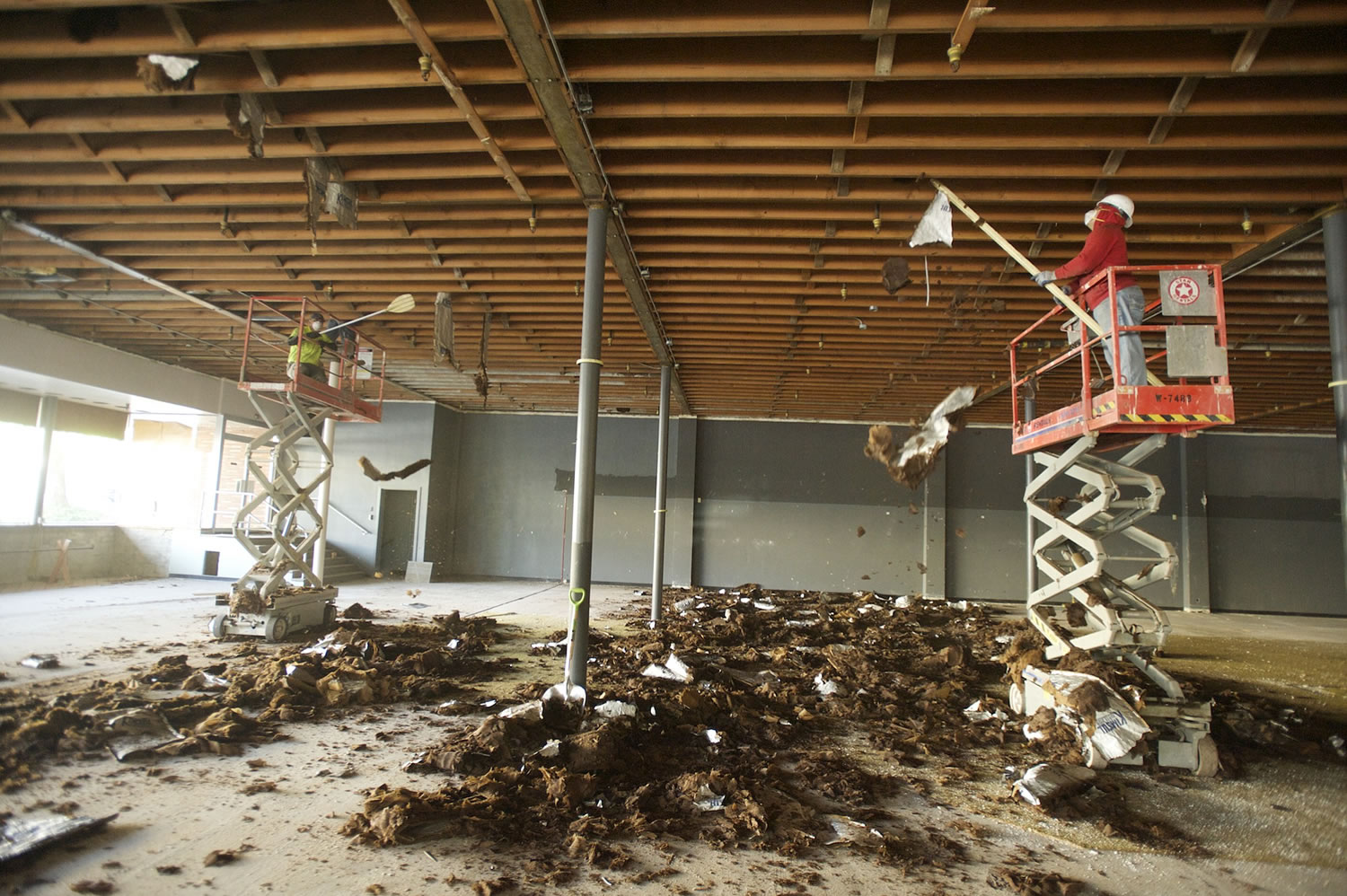When considering how our business decisions affect people, we must first realize the depth of our connectedness. Imagine for a minute how important your business is. When you sell widgets, your employees get paid, their money is used to buy items like clothes, groceries, houses and gasoline. But the impact doesn’t stop there. Companies and people who sold the groceries, built the houses, and made the loans all prosper from it. It is quite astounding and humbling to realize how much life our companies create. Think about it, what would happen to our community if all the businesses shut down? Gas would dry up at the pumps, utility and emergency services would be shut off and we would be back to hunting for our food, gathering wood for fires and walking to our destinations.
Our profit and products cannot be the core goal behind our company’s mission, vision and values. When what you value most is bettering the lives of people around you, people will love working for you. They will become more loyal, more committed to your vision and ultimately the success of your company. Happy, satisfied and inspired employees, customers, vendors, etc., perform better, produce more and care more. But more than this, it makes doing what you do worth doing.
In my company we look at our real estate projects from this holistic view. We are looking for buildings that can be revitalized, places that we can create or revitalize that reach outside of the four walls of the structure and impact the community around it. As we search for tenants, we prioritize companies that will bring life to our projects and the surrounding area. Some of these are creative companies, growing tech firms, food-based businesses and unique retail and services. Part of the broader strategy in Vancouver is to create vibrancy in our neighborhoods and we want our projects to pour into that effort. As we go forward into 2015 and beyond we expect to continue to look for diamonds in the rough and for projects that can have the biggest impact, not just to our bottom line but in the community in which they exist and for the people that they serve.
Here is some practical advice for 2015: Generously invest your time, talent and treasure in your people. People are precious. They are not a means to an end; they are the end to our means.
Ryan Hurley is president of Hurley Development in Vancouver.



